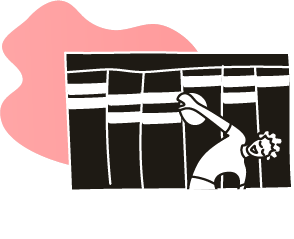Title of the resource
Title of the resource in english
Original language
Target and Age Group
6th-12th graders/ 11-17 year olds
Link to resource
Accessed on 17 June, 2020
Author of the Entry:
Nomi Willis
Peer-reviewer of the Entry:
Ayelet Peer, Bar- Ilan University, ayelet.peer@biu.ac.il
Second Peer-reviewer of the Entry:
Lisa Maurice, Bar-Ilan University, lisa.maurice@biu.ac.il
Rebecca Ray and Anna Warfield Storyboard That
Storyboard That is a group of artists, teachers, developers, and innovators based in historic Boston, MA who are enthusiastic about bringing digital storytelling to everyone, no matter who or where they are.
Contents & Purpose
The purpose of the activity is to teach students about the connection between mythology and the English language. Students will also learn more about the characters of each myth by understanding their impact on modern language. Each student should choose three English words that come from a mythological character or god. Examples include: jovial, Herculean, mercurial, cereal, martial, volcano. For each word students divide a box in two. One side should have an illustration of the god or character that the word is based on and the other side should be an illustration of the definition of the word. Each word should have a definition below the box and the word itself above the box.
Further comments
Before assigning this worksheet the teacher should teach a lesson explaining how Greek mythology found its way to Roman culture and the connection between Latin and English.
While most students who study Latin roots focus on Latin words and how they became English, this assignment brings the important topic of words based in mythology to the attention of students which is a fresh perspective.


